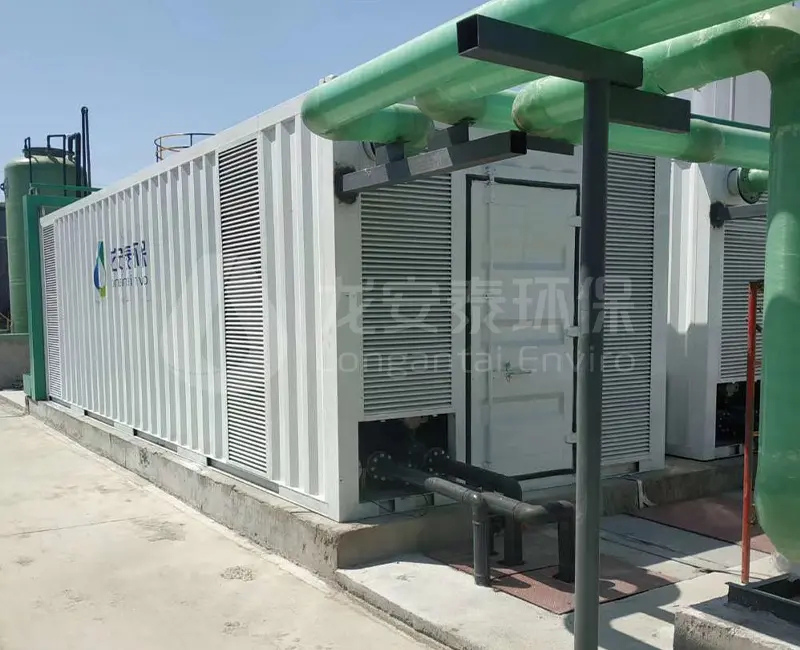Precious Metal Alloy Electrochemical Catalytic Oxidation Equipment
This technology applies an electric field together with precious metal alloy electrodes that possess catalytic properties. In a specially designed electrochemical reactor, a series of chemical reactions, electrochemical processes, or physical processes are carried out to achieve the desired removal of pollutants from wastewater or recovery of valuable substances.

Advantages
-
The use of specialized catalytic anodes provides strong oxidation ability for organic compounds, with fast reaction rates and low energy consumption. This process is highly effective for treating high-concentration organic wastewater, with short residence times typically between 30 to 60 minutes. As a result, the equipment is compact, requires minimal space, reduces construction volume, shortens construction time, and lowers civil engineering investment.
-
The catalytic support is a stable alloy that is non-consumable, chemically stable, and non-toxic. It has a long service life and can be reused, ensuring durable and efficient catalytic reactions.
-
Various catalytic combinations can be activated by electrical energy and customized according to customer needs, providing high efficiency and stability.
-
For special wastewater, adding catalysts can increase current density, enhance electrolysis efficiency, and improve treatment performance.
Applications
-
Advanced oxidation treatment of concentrated membrane brine (in industries such as coking, coal chemicals, and wastewater treatment plants).
-
High-salinity, high-concentration wastewater in chemical production (such as from dyes, pharmaceuticals, and pesticides).
-
Leachate, desulfurization wastewater, and oilfield wastewater.